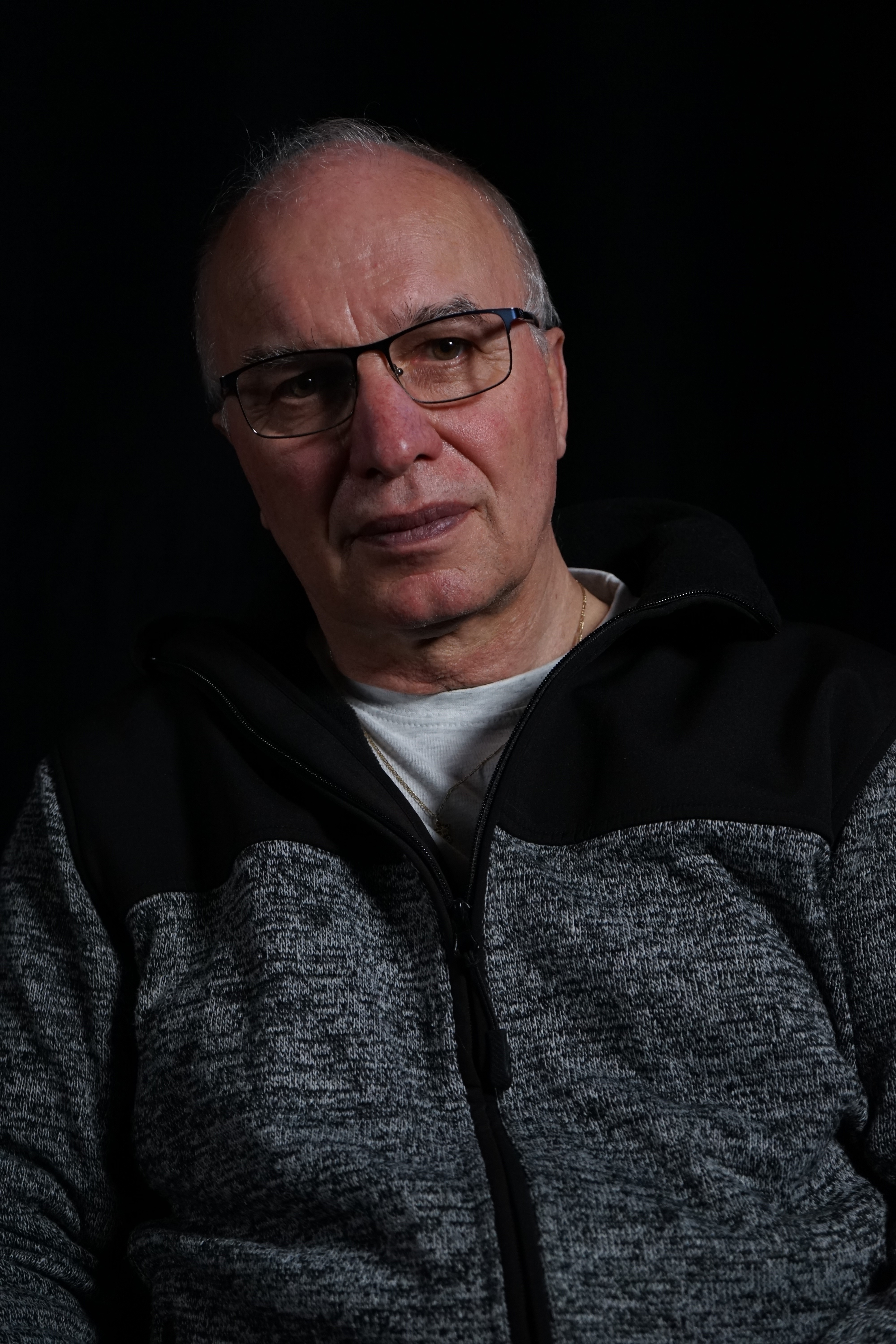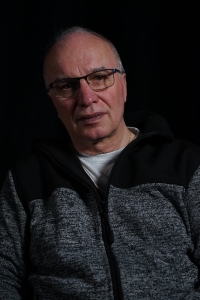We cleared out what the socialists spread over Hanička

Download image
Pavel Minář was born on 6 March 1958. He lived in Žamberk with his parents and an eight-year-younger sister. After primary school, he started to study at the Railway Secondary School in Letohrad, which he successfully completed in 1977. A year later, he joined the compulsory military service with the engineers. During the war, he graduated from the non-commissioned officer school in Seredi, Slovakia. In the 1980s, he worked in a construction company, where he stayed until the fall of the Iron Curtain. At the beginning of the 1990s, he joined the financial guard in Mladkov, later moving to Hradec Králové, where he dealt with large tax evasion and other well-known media cases. From 2003, he worked for the Ministry of Finance, and five years later, he started working as the administrator of the Hanička fortress in Rokytnice v Orlických horách. He managed, among other things, to reconstruct the artillery cabin to how it looked immediately after the Second World War. In 2024, he was still living in Žamberk and working as the administrator of the Hanička fortress.


